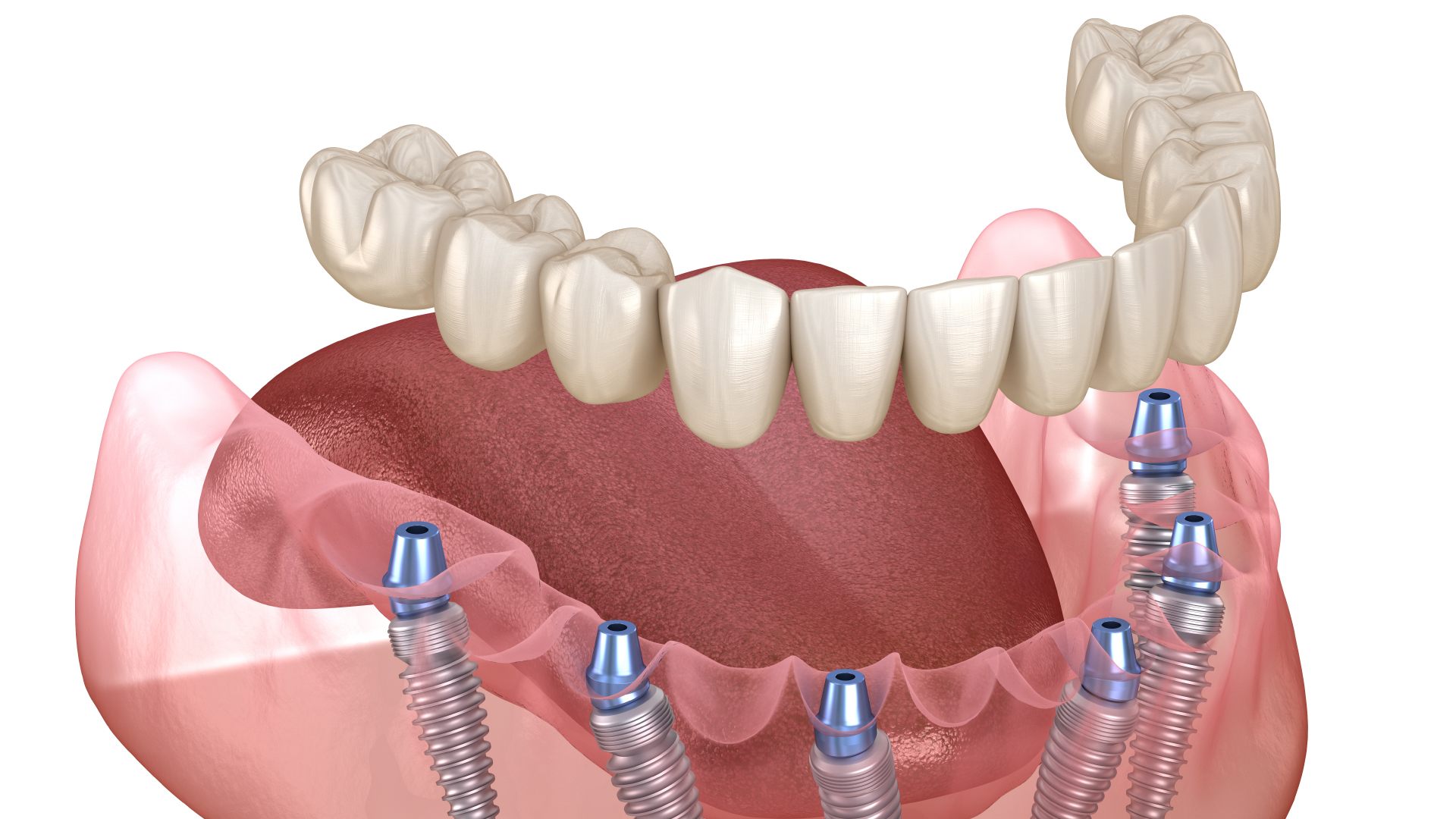Choosing the right dental prosthesis is crucial for maintaining oral health and ensuring comfort. With various options available, understanding your needs and the benefits of each type can help you make an informed decision. This guide will walk you through everything you need to know about dental prostheses, including types, factors to consider, benefits, cost considerations, and more.
Understanding Dental Prostheses
What is a Dental Prosthesis?
A dental prosthesis is an artificial device designed to replace missing teeth and restore oral function and aesthetics. These prostheses can be removable or fixed, depending on the patient’s needs and preferences. Dental prostheses not only enhance the appearance of your smile but also improve chewing ability and speech clarity.
Common Types of Dental Prostheses
There are several types of dental prostheses available, each suited to different needs:
- Full Dentures: Used when all natural teeth are missing. They rest on the gums and are removable.
- Partial Dentures: Suitable for patients missing some teeth. They fill in the gaps and are also removable.
- Fixed Bridges: These are used to replace one or more missing teeth. They are anchored to adjacent teeth or dental implants and are not removable.
- Dental Implants: A permanent solution for missing teeth. Implants are surgically placed into the jawbone and act as a root for a replacement tooth.
Understanding these types can help you decide which prosthesis might be the best fit for you.
Factors to Consider When Choosing a Dental Prosthesis
Oral Health Condition
Your current oral health is a significant factor in choosing a dental prosthesis. A thorough assessment by a dentist is essential to determine the best option for you. They will examine the condition of your gums, remaining teeth, and jawbone. If you have underlying oral health issues, such as gum disease or bone loss, certain prostheses might be more suitable than others.
Material Options
Dental prostheses come in various materials, each offering different benefits:
- Acrylic: Lightweight and cost-effective, often used for full and partial dentures.
- Porcelain: Offers a more natural appearance and is typically used for fixed bridges and dental implants.
- Metal Alloys: Known for their strength and durability, often used in combination with other materials for partial dentures and fixed bridges.
Choosing the right material will depend on your budget, aesthetic preferences, and oral health needs.
Comfort and Fit
The comfort and fit of your dental prosthesis are critical for daily use. How to secure lower dentures properly can enhance comfort and stability, especially for full dentures. Customization options, such as precision attachments for partial dentures and secure fittings for implants, ensure that your prosthesis fits well and feels comfortable.
Benefits of Different Types of Dental Prostheses
Advantages of Full Dentures
Full dentures are an excellent option for those who have lost all their teeth. They are cost-effective and relatively easy to use. Modern full dentures are designed to look natural and fit comfortably, improving both function and aesthetics.
Advantages of Partial Dentures
Partial dentures offer flexibility and versatility. They fill the gaps left by missing teeth and are designed to blend seamlessly with your natural teeth. They can be made from flexible dental prosthesis materials, providing a comfortable and secure fit.
Advantages of Fixed Bridges
Fixed bridges provide stability and strength. They are anchored to adjacent teeth or implants, offering a permanent solution that feels and functions like natural teeth. Their natural appearance makes them a popular choice for those missing one or more teeth.
Advantages of Dental Implants
Dental implants are considered the gold standard for tooth replacement. They offer longevity and durability, often lasting a lifetime with proper care. Implants help preserve the jawbone, preventing bone loss and maintaining facial structure.
Comparing Flexible vs. Rigid Dental Prostheses
Flexible Dental Prostheses
Flexible dental prostheses are made from softer, more pliable materials. They offer several benefits, including a more comfortable fit and better aesthetics. These prostheses are less likely to cause sore spots and are ideal for those with sensitive gums or irregular bone structure. Flexible options are often used for partial dentures, providing a secure yet gentle solution.
Rigid Dental Prostheses
Rigid prostheses are typically made from harder materials like metal alloys or porcelain. They provide excellent durability and strength, making them suitable for fixed bridges and dental implants. Rigid prostheses are best for situations where maximum stability is required, such as when multiple teeth need to be replaced.
Cost Considerations
Budgeting for Dental Prostheses
The cost of dental prostheses varies widely based on the type and materials used. Full dentures are generally more affordable, while dental implants can be more expensive due to the surgical procedure involved. Finding a dentist near me who offers flexible payment plans or accepts insurance can help manage these costs.
Cost vs. Longevity
When choosing a dental prosthesis, consider the long-term investment. While dental implants might have a higher upfront cost, they often last a lifetime with proper care. Full and partial dentures, on the other hand, might need replacement or adjustment over time, adding to the long-term cost.
Finding the Right Dentist for Your Needs
Researching Local Dentists
Finding a qualified and experienced dentist is crucial for successful prosthesis placement. Look for dentists with positive reviews and testimonials. Checking their credentials and experience with dental prostheses can give you confidence in their ability to provide the best care.
Consultation and Planning
Schedule an initial consultation to discuss your needs and options. A good dentist will take the time to understand your oral health, aesthetic goals, and budget. They will work with you to create a treatment plan that suits your needs and ensures the best possible outcome.
Conclusion
Choosing the best dental prosthesis involves understanding your options, considering your oral health and lifestyle, and consulting with a qualified dentist. Whether you opt for full dentures, partial dentures, fixed bridges, or dental implants, the right choice will enhance your oral health and quality of life. Remember to address factors such as comfort, material, and cost to make the most informed decision for your needs.




